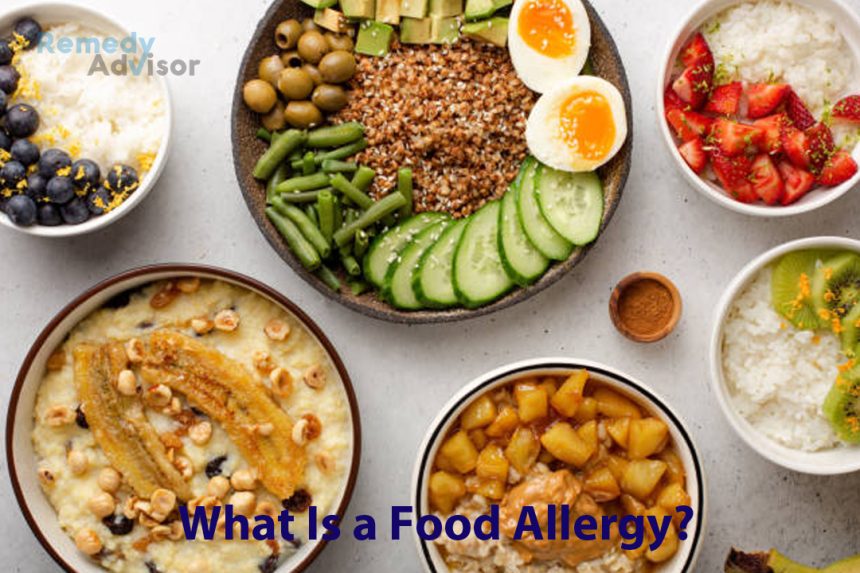Whether you’re an early bird or a night owl, you can maintain a high level of energy all day by eating the right foods at the right times.
How power eating works
Protein foods, such as meats, fish, poultry, dairy products, beans and eggs, contain the amino acid tyrosine. This stimulates the brain to produce norepinephrine and dopamine, two alertness chemicals. When eaten alone or with carbohydrates, such as breads, cereal products, fruits and vegetables, protein foods boost mental alertness and energy.
Never start a meal with a carbohydrate if you plan to work after the meal, because it may trigger drowsiness.
Reason
Carbohydrates contain the amino acid tryptophan, which triggers production of serotonin, a calming chemical.
Foods that energize
All low-fat protein foods produce quick mood-modifying and energy-boosting results. For most people, three to four ounces of the following work well
Low-fat, low-carbohydrate foods, such as shellfish, fish, chicken (without the skin), veal, extra-lean beef, beans and legumes. Also good: Low-fat cottage cheese, yogurt, milk or tofu.
What to eat
The body’s “biological clock” plays a big part in how food energizes us. This clock causes us to feel the most energetic and the least stressed during the first six hours after awakening.
From then on, our energy level slowly decreases until the end of the day usually within one hour of normal bedtime when we shut down mentally.
The key to maintaining high performance levels is to eat foods that are energizing when your biological rhythms are beginning to slow down. Meal guidelines
• Breakfast
A nutritious breakfast or a snack before noon keeps you from overeating at lunchtime. For maximum results, eat within three hours of awakening.
Best: A breakfast rich in protein foods, high in vitamins and minerals and low in fat.
Example: One piece of fresh fruit sliced (or one-half to three-quarters cup of berries) mixed into eight ounces of plain yogurt a bran muffin with one or two teaspoonfuls of jelly or diet margarine, one cup of coffee (black or with skim milk).
• Lunch
Your midday meal will either sustain your morning alertness or accelerate the drop in your energy level.
Best for you: A high-protein, low-fat, alcohol-free meal.
Examples: Three to five ounces of meat, poultry, seafood or fish or eight ounces of low-fat yogurt or cottage cheese or two ounces of low fat cheese, such as mozzarella, ricotta or feta or two eggs. In addition: One piece of sliced fruit (or one-half to three-quarters cup of berries) and two slices of whole-grain bread.
Myth: Pasta at lunch increases your mental and physical energy.
Reality: Most athletes load up on pasta before a prolonged endurance event because the body converts it to glycogen, which fuels the muscles not the brain.
-
Dinner
Your evening meal comes at a time when your natural beats are telling your body to shut down. To remain attentive for evening plans, consume high-protein, low-carbohydrate foods.
Example: Four to five ounces of skinned, boneless, broiled chicken one cup stir-fried mixed vegetables (broccoli, water chestnuts, onions, etc.) three-quarters cup of steamed rice and one fresh orange. Never begin with a carbohydrate breads, crackers, deep-fried vegetables, etc.
Caffeine alert: Your brain cells are most sensitive to caffeine first thing in the morning. Recommended: Limit your daily intake to one or two cups of coffee or tea when you get up (the effects will last up to six hours) and another cup in the middle of the afternoon.
Important: Avoid caffeine after 4:30 pm if it keeps you awake at night. However, if you have to work late or are fighting jet lag, a cup of coffee with dinner may keep you going a little longer.
Pre-performance eating
The foods you eat before giving a speech, presentation or other public performance can make or break it
- Never perform on an empty stomach.
- Eat sparingly if possible, two hours before your performance.
- Choose low-calorie, low-fat foods.
- Drink enough coffee or tea to maintain your body’s usual level of caffeine during your performance. Caution: If you rarely drink coffee or tea, don’t start now. It will only make you more nervous.
- Drink little or no alcohol and do not drink any alcohol in the three hours before your presentation.







